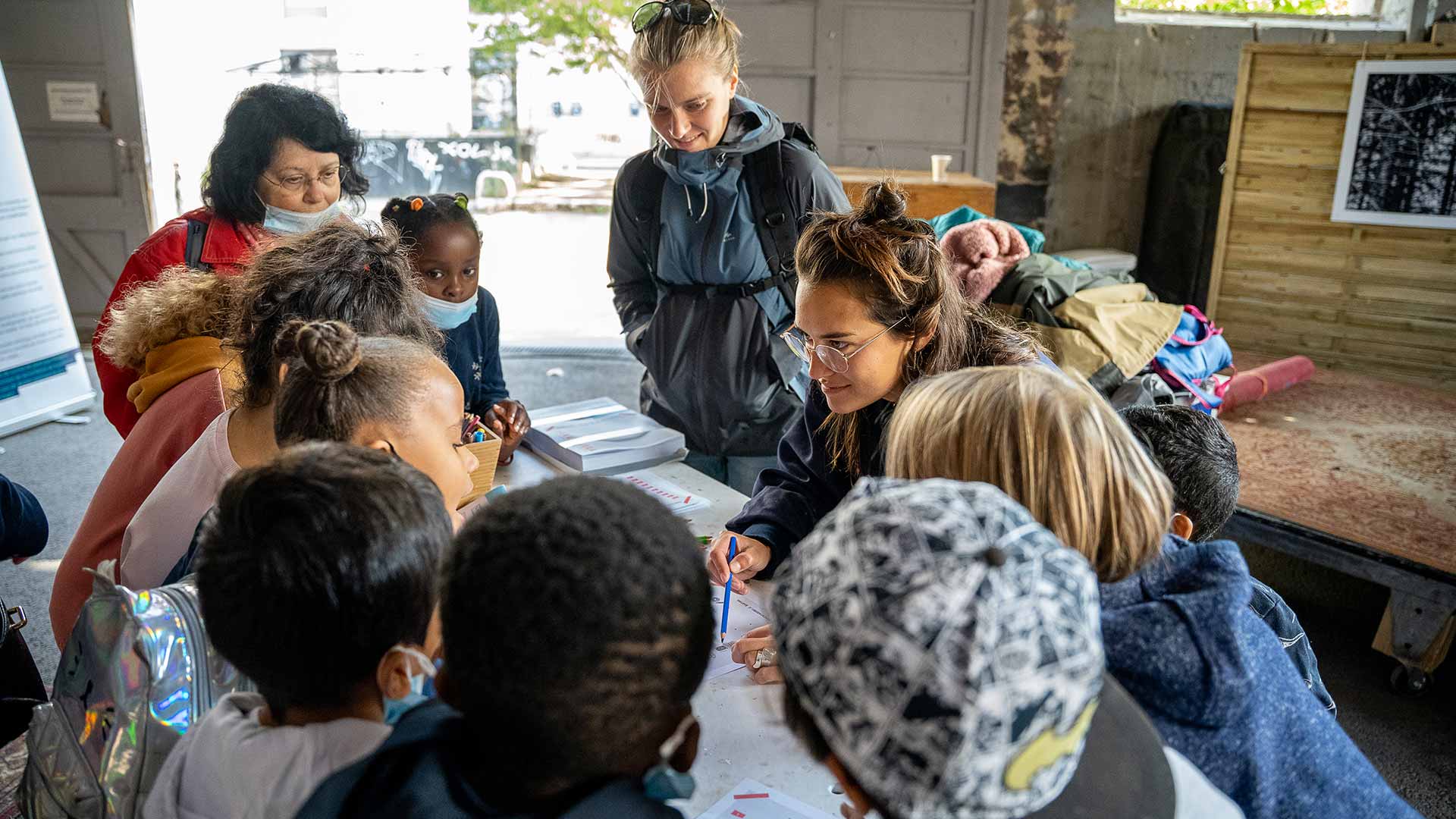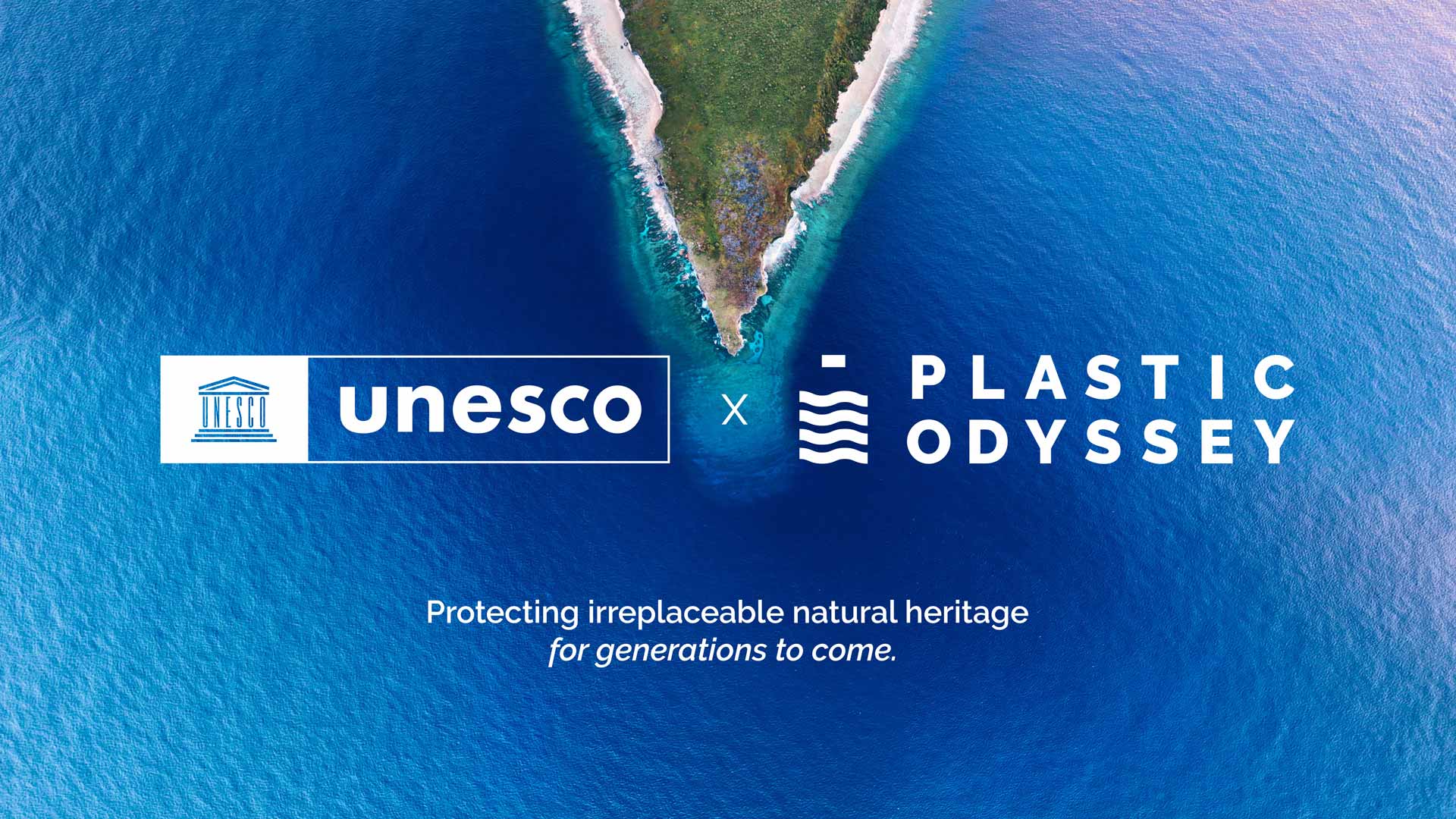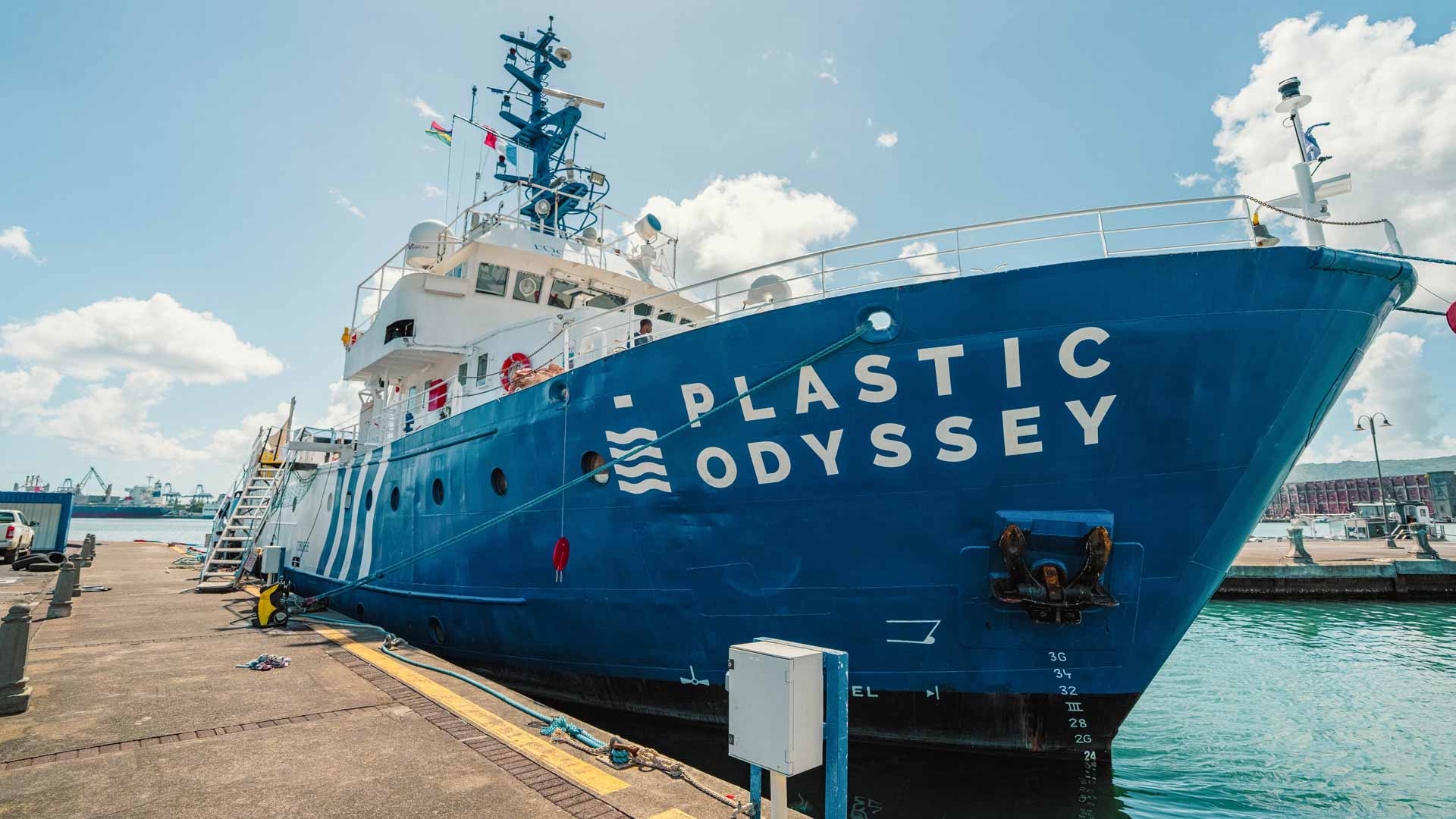
This challenge is open to every young people who live in a Mediterranean coastal country. Are you a teacher? You can also sign up your classes so they enter the challenge!
Plastic: an almost invisible enemy
All over the world, people have become accustomed to using plastic and then throwing it away. In our homes, our clothes, our mobile phones, our cars … we use plastic everywhere and for everything, so that today we don’t even notice it. However, once it is thrown away, plastic creates many problems. Too rarely recycled, it seeps into the water we drink, the air we breathe, or the land that feeds us.
But who makes the connection between the mountains of rubbish we see on television and the plastic objects we use every day?
Plastic, which pollutes our environment, has become invisible, almost banal, so ingrained in our daily lives that we forget to ask ourselves how it got there, whether it is really useful to us, and what will happen to it once it is thrown away.
Your mission: observe, investigate, testify … explore everyday life!
At the end of the year, the ship Plastic Odyssey will sail around the world for 3 years to find solutions to the problem of plastic pollution. While waiting for the big departure, the team invites young people from around the Mediterranean to take part in this great adventure by putting on the explorer’s suit in their region. Where is the plastic around us? Why do we use it? And who inherits it when we throw it away? Plastic Odyssey invites young people to investigate and share their findings! The contributions of the young participants will be highlighted in an exhibition on board the Plastic Odyssey, which will travel to 30 countries over a period of 3 years.
How does it work?
Step 1 : Investigate and send in your findings on one of these three themes:
Plastics in my daily life
What are the plastic objects that surround us in our daily lives, in what context are they used, for what purpose? What are they used for, who uses them, who sells them, who makes them? Are there “invisible” plastics in our homes?
Behind the waste, women and men
What happens to our plastic objects once we have finished using them? Where do they go? Who are the people who collect them, who recycle them, or who unwittingly inherit them?
Alternatives of plastics
Are there alternatives to plastic in my region, made by local craftsmen? What are they? How did people do it before plastic came along?
Step 2 : Send your findings in the form of photos, videos, audio or text to the Plastic Odyssey Explorers
- You have until June 22 to send your contributions (click here)
- The contributions will be studied by a jury of explorers, and each contributor will receive advice by email on how to continue the investigation.
- The 3 most original contributions will receive an explorer’s briefcase.
- Results will be announced and prizes sent out on July 4, 2022.
Do you need help?
You can contact the Young Reporter for the Environment Challenge team directly:
Latest News
Plastic Odyssey and UNESCO Join Forces to Restore Marine World Heritage Sites
Plastic pollution is on the rise—and even the world’s most protected marine ecosystems are not immune. On the occasion of the 2025 United Nations ...
Seychelles: Program of Events in Victoria, Mahé
Discover the program for the Victoria stopover, from May 29 to June 13, where numerous events will be organized: “Treasure Trunks” exhibition, con...
Local Factories: A New Plastic Waste Recycling Unit Installed in Mauritius
Plastic Odyssey, in partnership with Rogers Group, has inaugurated the first plastic recycling unit in Mauritius: a micro-factory capable of processin...



